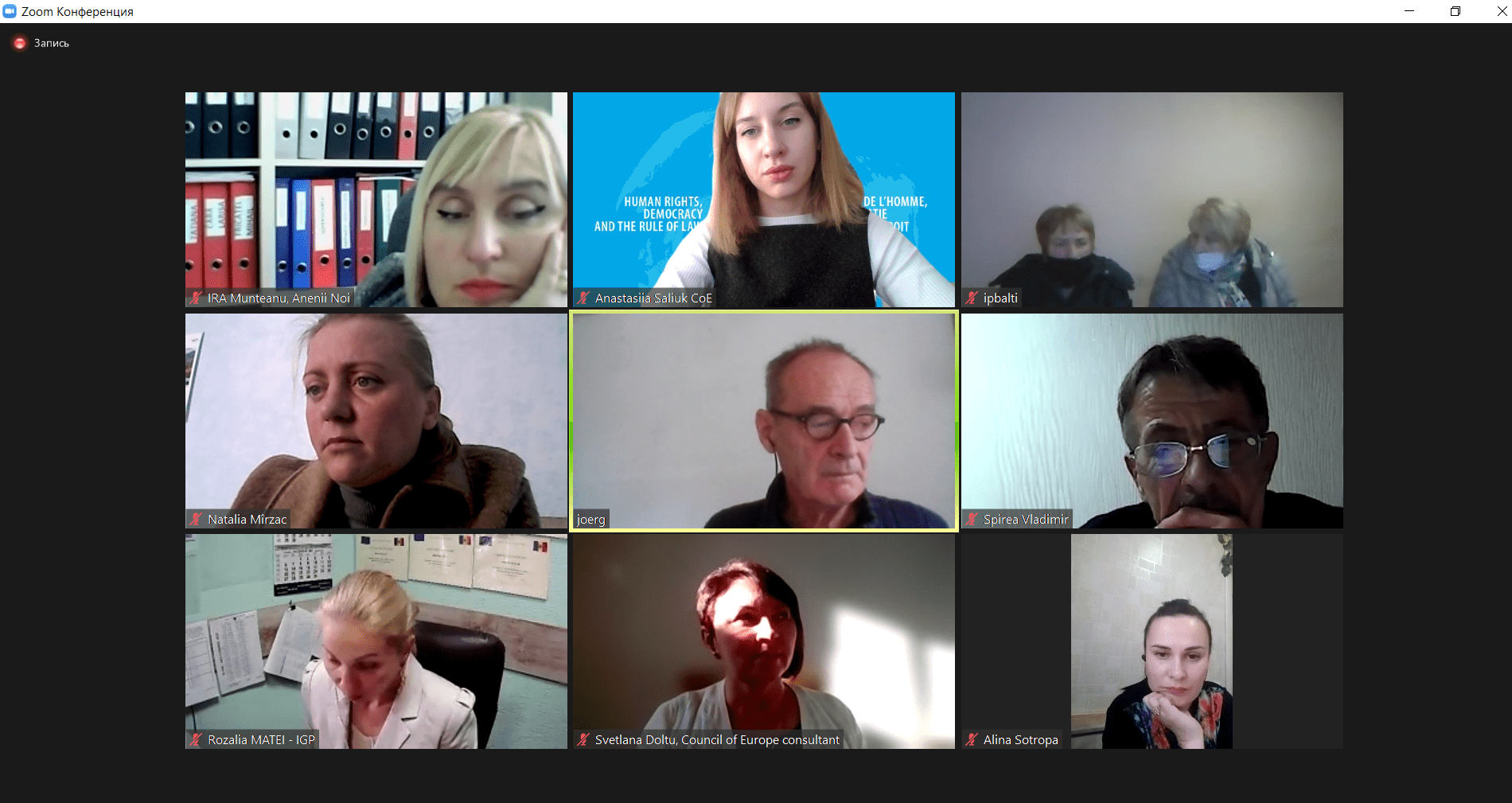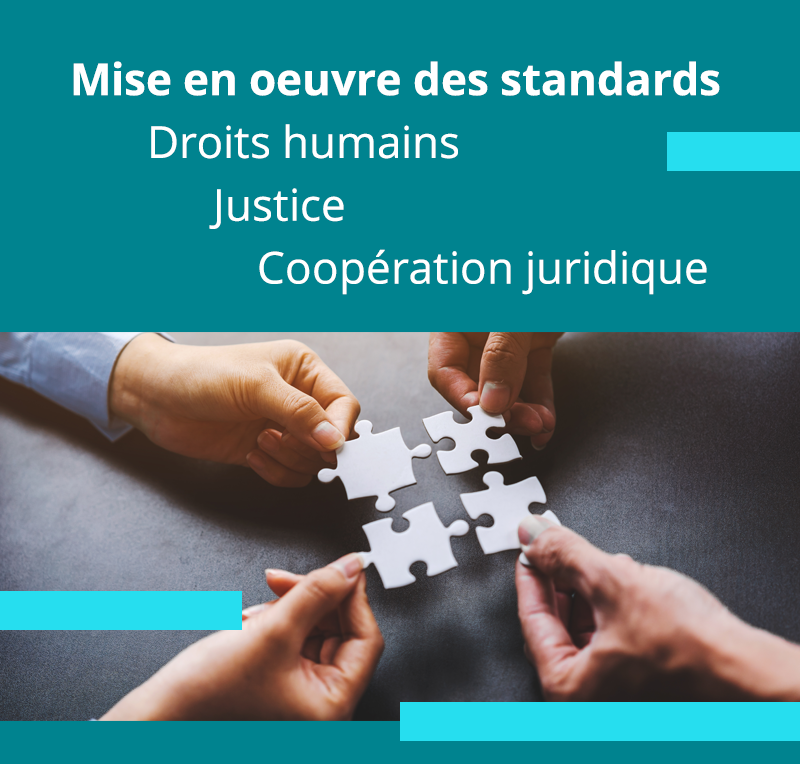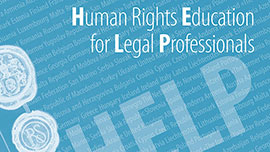On 16 November 2021, the Council of Europe project “Strengthening the human rights compliant criminal justice system in the Republic of Moldova” carried out an online training on the medical examination of persons in police custody for the medical staff, including feldshers from the pre-trial detention isolators.
20 medical staff enhanced their skills and knowledge, in particular on subjects related to emergency medical care and continuity of treatment in police detention (including tuberculosis, HIV infection, drug dependence, and other diseases), and medical examination as a procedural safeguard against ill-treatment. In addition, the observations of the Council of Europe’s Committee for the Prevention of Torture and Inhuman or Degrading Treatment or Punishment (CPT) on health care in police custody in the Republic of Moldova were addressed and discussed during the event.
The training participants are now equipped with practical suggestions on issues related to medical examination and continuity of treatment, as well as documentation and reporting of injuries in police custody. A special focus was placed on the prevention and control of COVID-19 in prisons and other places of detention.
The training discussions were facilitated by the Council of Europe consultants, Mr Jorg Pont (Austria) and Ms Svetlana Doltu, Institute for Penal Reform.
The online training took place within the framework of the Council of Europe Project “Strengthening the human rights compliant criminal justice system in the Republic of Moldova”, which is part of the Council of Europe Action Plan for the Republic of Moldova for 2021-2024.





